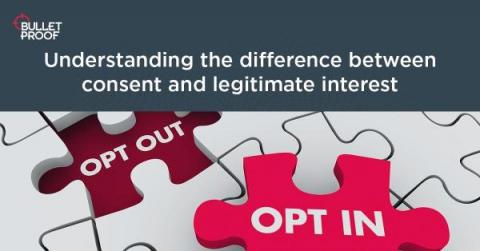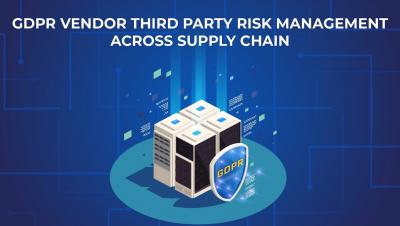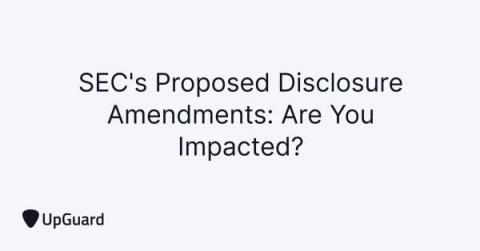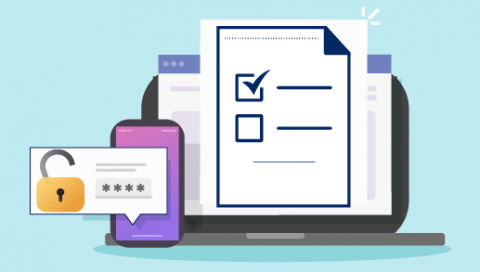Consent versus legitimate interest - know the difference
When discussing the GDPR, a common confusion we run into is the difference between consent and legitimate interest, as well as when to use them as your legal basis for collecting, processing and storing personal data. Each of these are incredibly important in ensuring you’re connecting with your prospective customers and not stalking them.









